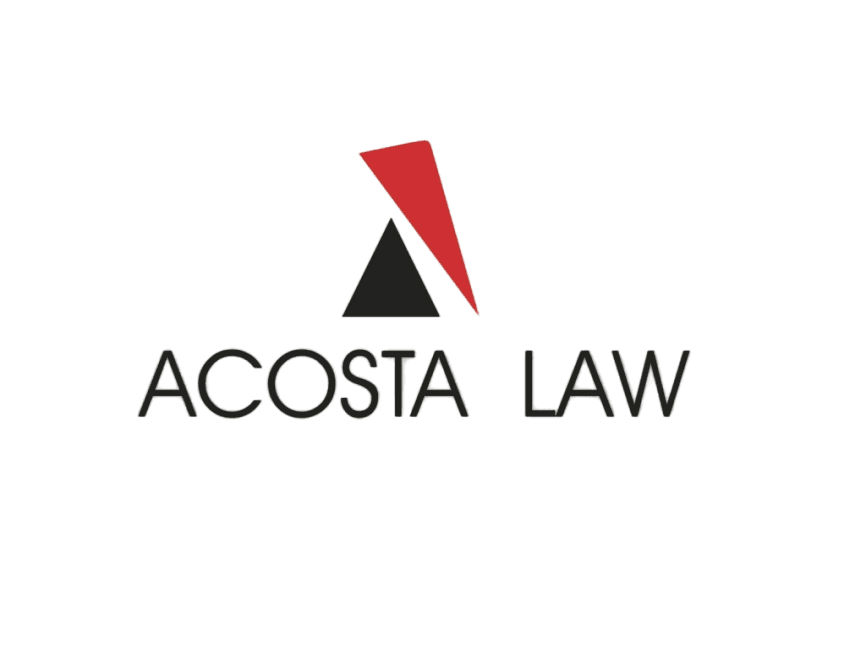Chapter 7 vs. Chapter 13: Which Bankruptcy Option is Right for You?
Understanding the Basics of Bankruptcy
When faced with overwhelming debt, bankruptcy can be a lifeline to regain financial stability. However, choosing between Chapter 7 and Chapter 13 bankruptcy can be daunting. Understanding the differences between these two options is crucial to making an informed decision.
Chapter 7 bankruptcy, often referred to as "liquidation bankruptcy," allows individuals to discharge most of their debts, offering a fresh start. In contrast, Chapter 13 bankruptcy involves a repayment plan, allowing debtors to pay back a portion of their debts over time while keeping their assets.

Eligibility Criteria for Chapter 7 and Chapter 13
Eligibility plays a significant role in determining the right bankruptcy option. To qualify for Chapter 7, individuals must pass the means test, which assesses income and expenses to ensure they fall below a certain threshold. This test ensures that those who truly cannot pay their debts can access this option.
On the other hand, Chapter 13 has no income threshold, but debtors must have a regular income to propose a feasible repayment plan. Additionally, there are limits on the amount of secured and unsecured debt one can have to qualify for Chapter 13.
The Process of Filing for Bankruptcy
The filing process for both Chapter 7 and Chapter 13 involves several key steps. For Chapter 7, the process typically lasts three to six months, during which non-exempt assets may be sold to repay creditors. Most debts are discharged at the end of this period.
In Chapter 13, debtors submit a repayment plan to the court, usually lasting three to five years. This plan outlines how much will be paid to creditors and allows individuals to catch up on secured debts like mortgages or car loans.

Impact on Assets and Property
A critical aspect of choosing between the two options is understanding the impact on your assets. In Chapter 7, non-exempt assets may be liquidated to pay off creditors. However, many states offer exemptions that protect certain property, such as a primary residence or personal belongings.
Chapter 13 may be more suitable for those wanting to retain their assets. The repayment plan accommodates secured debts, allowing individuals to keep their homes or cars while repaying over time.
Credit Score and Financial Future
Bankruptcy's impact on your credit score is another important consideration. While both Chapters affect credit scores negatively, Chapter 7 remains on credit reports for up to ten years, whereas Chapter 13 stays for up to seven years.

Despite this, bankruptcy is often a step toward rebuilding financial health. With responsible financial behavior post-bankruptcy, individuals can start improving their credit scores and secure financial stability over time.
Choosing the Right Option for You
The decision between Chapter 7 and Chapter 13 bankruptcy depends on individual circumstances. Consider factors such as income, assets, and long-term financial goals. Consulting with a bankruptcy attorney can provide personalized guidance tailored to your specific situation.
Ultimately, both options offer paths toward alleviating debt burdens and starting anew. By understanding the key differences and implications of each chapter, you can make an informed choice that aligns with your financial needs and future aspirations.
